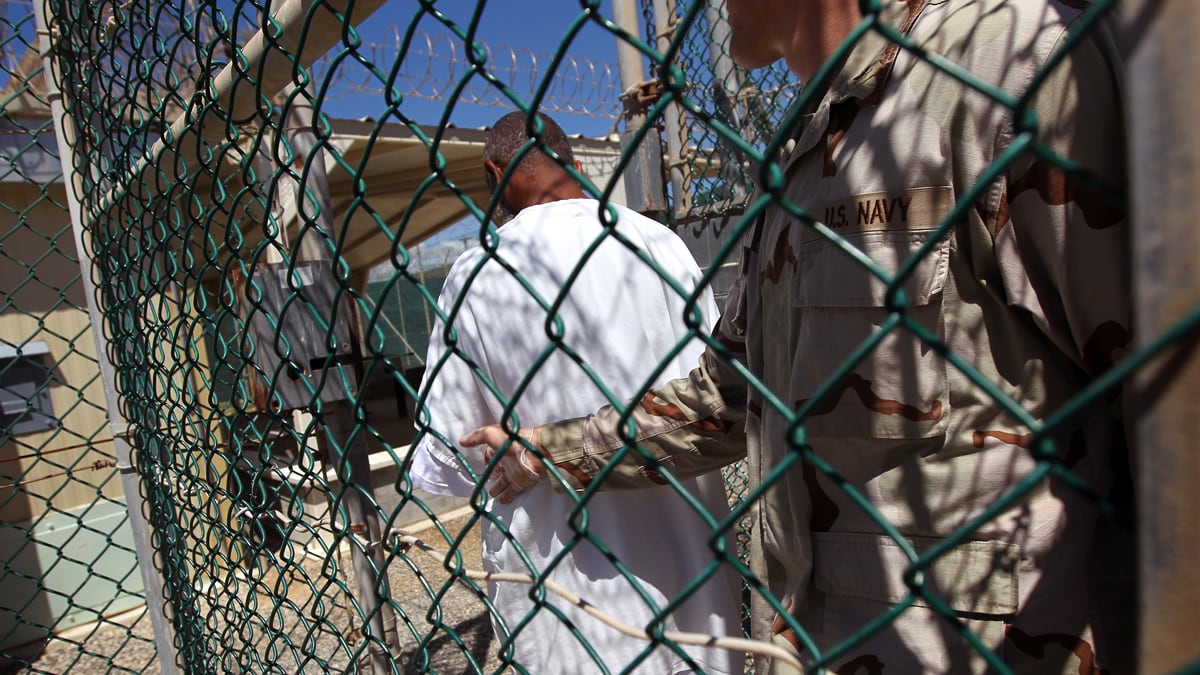The Obama administration’s decision to try Ahmed Abdulkadir Warsame, a Somali national accused of terrorism, in federal court is the beginning of a new conversation. In the context of the continued existence of Guantanamo as a detention facility and the congressional ban on moving detainees from Guantanamo to the United States—not to mention the successful pressure to move the trial of Khalid Sheikh Mohammed, the alleged mastermind of the 9/11 attacks, out of federal court and back to the military commissions system—Obama’s decision is more than a matter of thrust and parry.
With the Warsame decision, the Obama administration has taken its first steps to create a post-Guantanamo world. Warsame was not brought to Gitmo; he was not hidden in a prison in Afghanistan. Since the prison at Guantanamo opened in January 2002, Warsame is essentially the first high-value foreign terror suspect to be rounded up abroad and brought into U.S. custody.
This is a welcome and long-overdue step. And, in many ways, it is the first realization of the president’s promise at the outset of his presidency to close Guantanamo. But if this is to be the beginning of the post-Gitmo world, a whole series of questions begins to open up—questions that the Bush administration sidestepped 10 years ago.
ADVERTISEMENT

Among the primary concerns:
- What are the criteria for whom we detain on terrorism charges? Specifically, on what grounds should the United States detain individuals who are foreign nationals but have not specifically threatened the United States? Warsame was not indicted for targeting the U.S.; he was indicted for material support to association with foreign terrorist organizations.
- Are we now firmly wed to the idea of capturing high-value detainees on whom there is evidence? Do we now trust our ability as a nation to have the proper intelligence and international cooperation to make these decisions wisely?
- Is the United States moving closer to a policy of de facto detention without counsel and without charge in the case of terrorism suspects who will be tried on U.S. soil? Warsame was captured in the Persian Gulf region in April and only read his Miranda rights two months later. The Obama administration has accepted the need to get as much information out of suspects as possible prior to indictment. This policy of delaying due process has been developing at least since the case of Umar Farouk Abdulmutallab, the 2009 Christmas Day “underwear” bomber who spent nine hours in custody before being read his Miranda rights.
- Is the United States determined to become the prosecutors for the world after having served as the detention authority for the war on terror since 9/11?
With the transfer of Warsame nearly 10 years after 9/11, the Obama administration has done what the Bush administration should have done when it opened Guantanamo in January 2002. Instead of side-stepping the law and its procedures and standards, it has firmly embraced the American legal system and its courts as a viable tool in its arsenal against captured terrorism suspects. The Bush administration should have been much more careful about who they brought into custody. The 800 detainees at Guantanamo were largely individuals on whom the detaining authorities had little or no evidence and who came into U.S. custody via happenstance or bounty trading rather than due to reliable intelligence. Had the standards of the U.S. legal system applied, the Bush administration would not have detained these individuals so recklessly—as Bush’s release of nearly 600 of the detainees made clear.
It is good news that Guantanamo may no longer be open for business. But this is only a first step in creating a sustainable system to replace the U.S. detention policy that has defined the war on terror.






